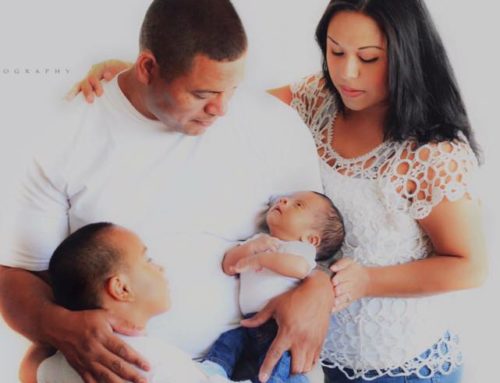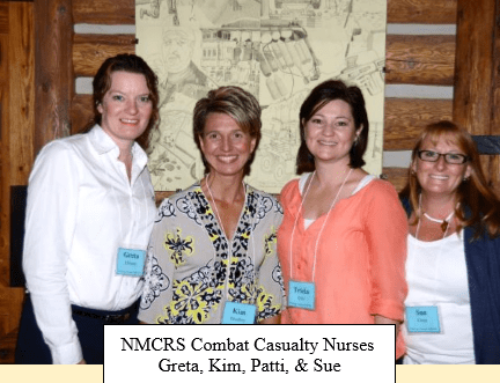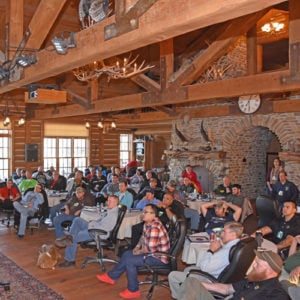Veterans respond to traumatic events in a number of ways. They may feel concern, anger, fear, or helplessness. These are all typical responses to traumatic events associated with war and combat. Veterans who have been through combat trauma and hardship in the past may be even more likely than others to be affected by new, potentially traumatic events. Even something as mundane as dates on a calendar – anniversary dates – act as “triggers” that relives the trauma of past events on the respective date. Triggers can cause a range of reactions. These reactions may include:
- General distress – an increase in PTS symptoms
- Quickness to anger
- Sleeping disorders, nightmares
- Uncontrollable substance abuse – alcohol or narcotics
- Avoidance of any reminders via media about similar incidents
- Isolation and social avoidance
Recent traumatic events may also trigger old memories among veterans. When facing a new traumatic event, for example, the serious illness of a family member, some veterans expect and/or prepare for the worst based on their past experiences. They will:
- Become overly protective, vigilant, and guarded
- Become preoccupied by danger
- Become augmentative and irrational
- Feel a need to avoid being shocked by, or unprepared for, what may happen in the future
On the anniversary of traumatic events, many people find that they experience an increase in distressing memories of the event. These memories may be triggered by reminders, but memories may also seem to come from out of the blue while at work, home, or doing recreational activities. An increase in distress around the anniversary of a traumatic event is commonly known as an “anniversary reaction” and can range from feeling mildly upset for a day or two to a more extreme reaction in which an individual experiences significant psychiatric or medical symptoms.
Other types of anniversary reactions may involve anxiety symptoms such as panic, specific fears, or worry. Individuals may have panic attacks, be afraid to go certain places, or find that they worry about their safety and the safety of their loved ones. Others may experience physical (or medical) symptoms such as fatigue and pain or general health complaints such as headaches and stomachaches.
Most people will feel better within a week or two after the anniversary. Over time, the stress symptoms will decrease in both frequency and severity. Providers can suggest strategies to help survivors through the anniversary period. For example, survivors may find it helpful to make specific plans for the anniversary day so that they have other things to occupy their time besides memories of the event. Some may choose to participate in a commemorative ceremony such as visiting a grave, making a charitable donation, giving blood, helping others, or dedicating the day to spending time with family.
In the next column is a list of proven tips to help manage triggers for veterans with or without PTS. Regardless of the source of the triggers – events, anniversary dates, certain holidays, etc. – these tips help mitigate the severity of the episodes and shorten the longevity. Know your anniversary dates and prepare for them. Talk to your support team and give them a heads-up on the upcoming event.
- Consider limiting your exposure to news on television. While media coverage may draw you in, increased viewing can raise stress levels.
- Watch yourself for signs of anger, rage, depression, worry, or other negative feelings. Take a time out from the news to let yourself recover from these feelings.
- Keep up with daily schedules and routines. Try to include more pleasant activities in your day, even for brief periods of time.
- Keep up with your body’s needs for exercise, food, and sleep.
- Feel what you feel. It is normal to feel a range of emotions. Having these feelings is to be expected.
- Slow down. Give yourself time and space to deal with what has happened. Remember that people have their own pace for dealing with trauma.
- Count on feeling angry, but balance your actions with wisdom. Try to stay calm. Avoid reacting with sudden anger toward any group or person.
- Talk with someone close to you who might understand what you are going through. Use your FOCUS fire team!
- If you do not feel like talking, writing in a journal may be helpful for dealing with intense feelings. Do not avoid other veterans even if they remind you of your military past. Seeking support along with other veterans can be very helpful when stress is high.
If these tips do not work, or if you are abusing alcohol or drugs, or you are having any symptoms that are causing high levels of distress, problems in relationships, or problems at work, get help from your doctor or a mental health provider who is skilled in working with PTS and recognizes the effect of “triggers”.







